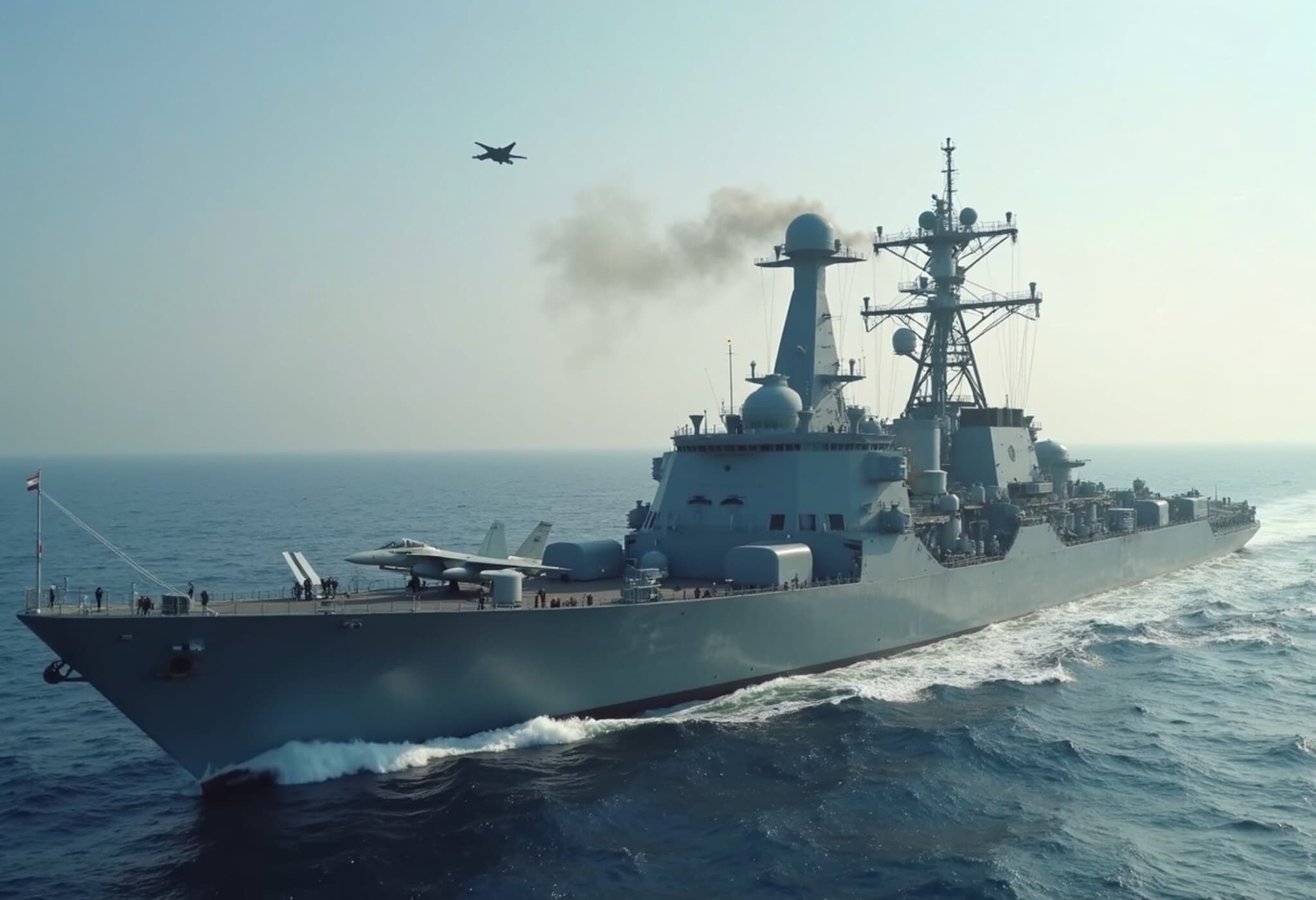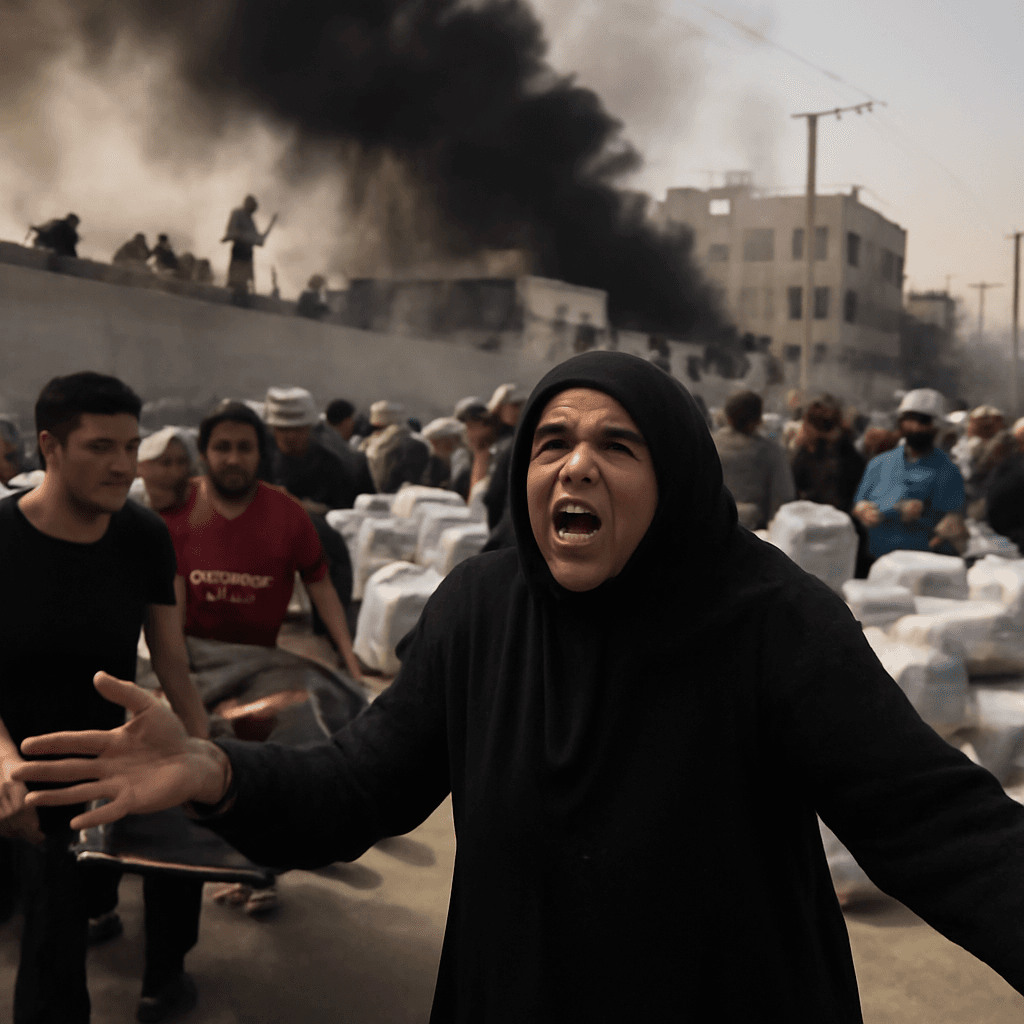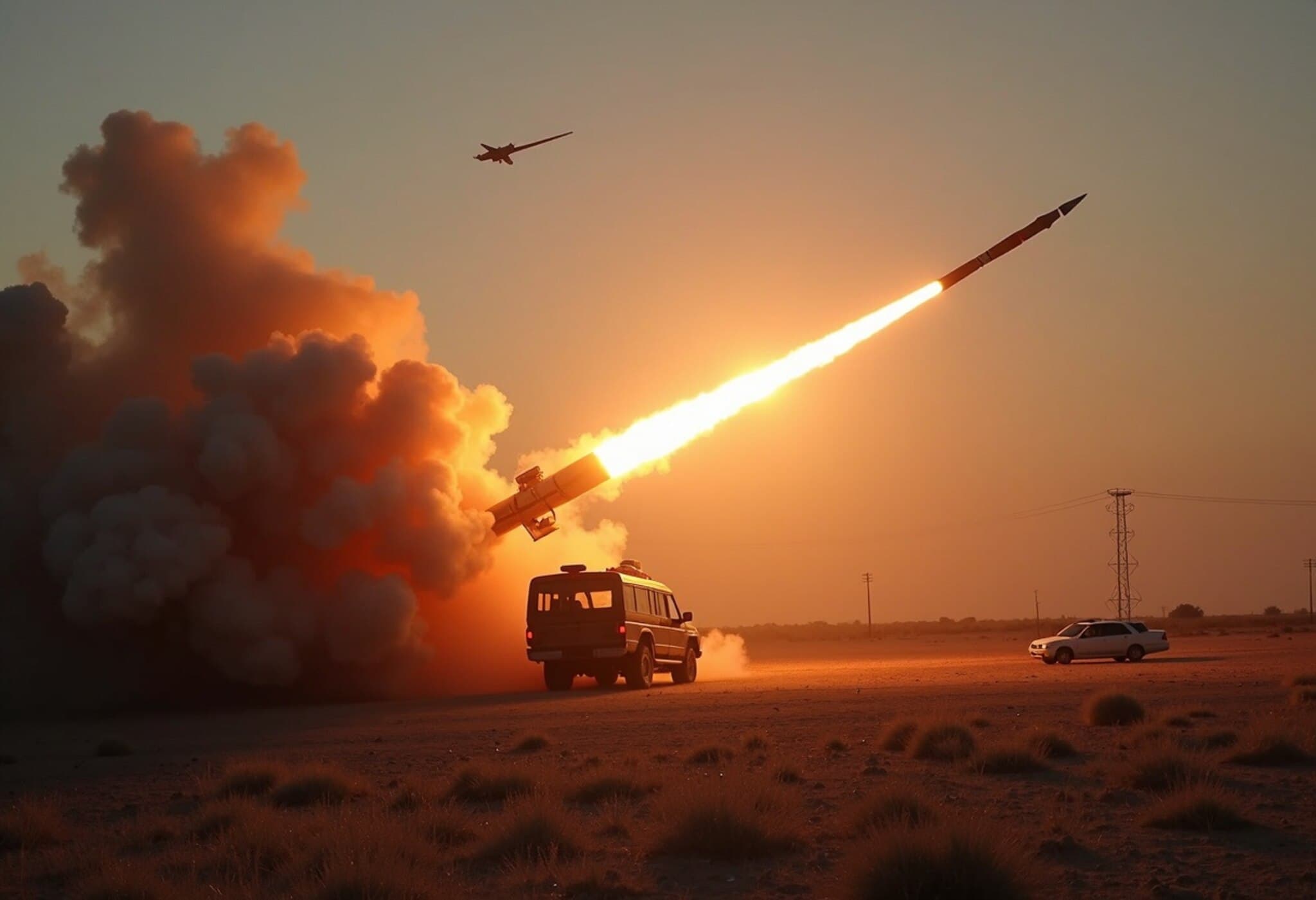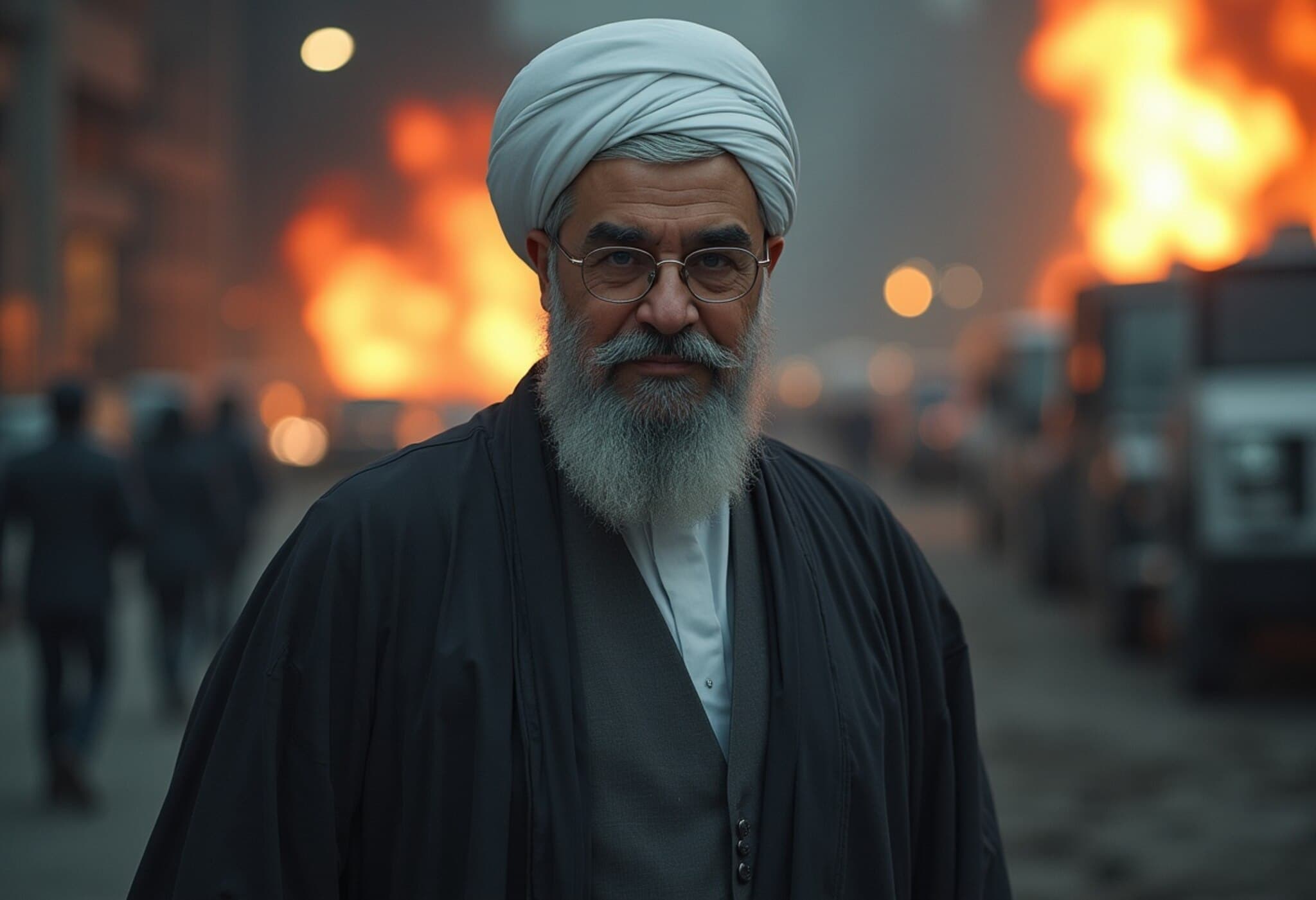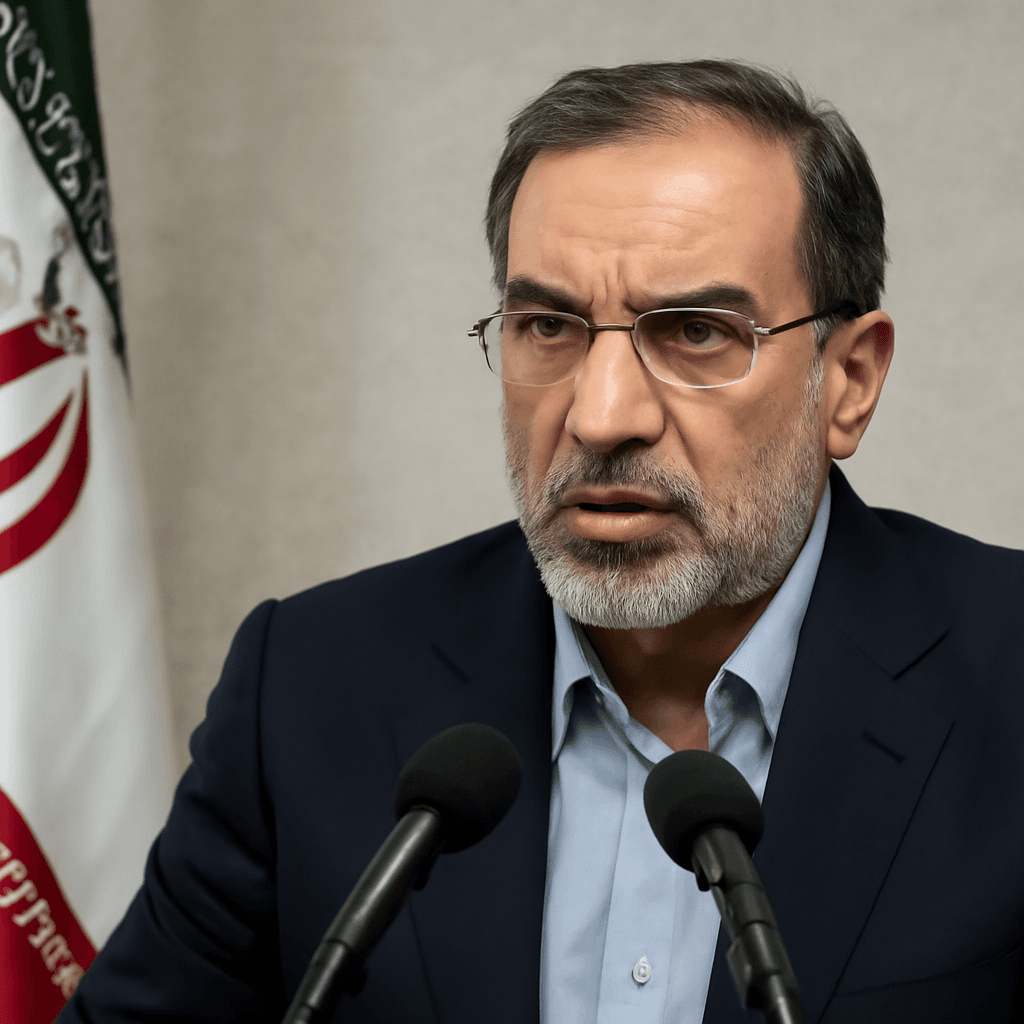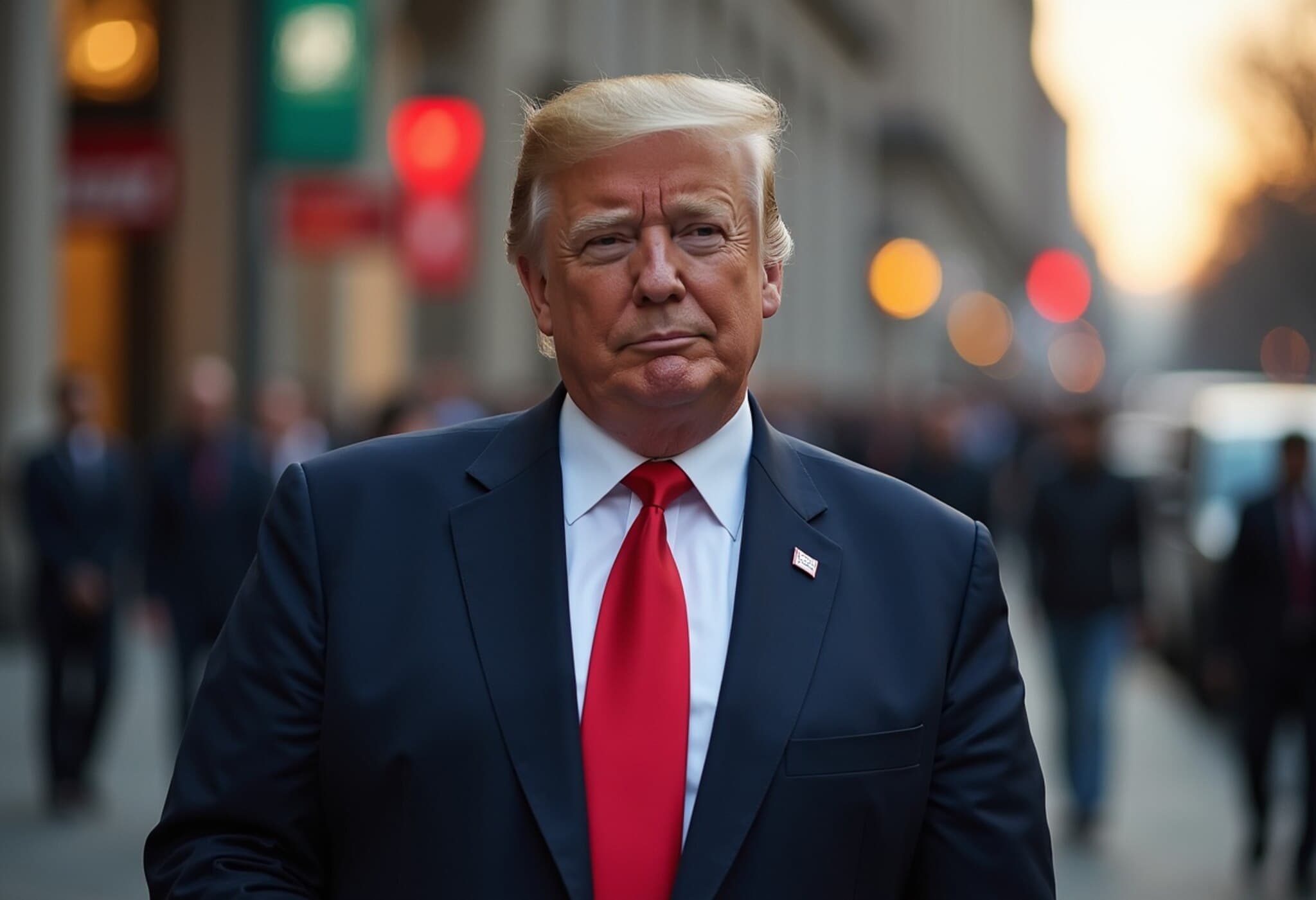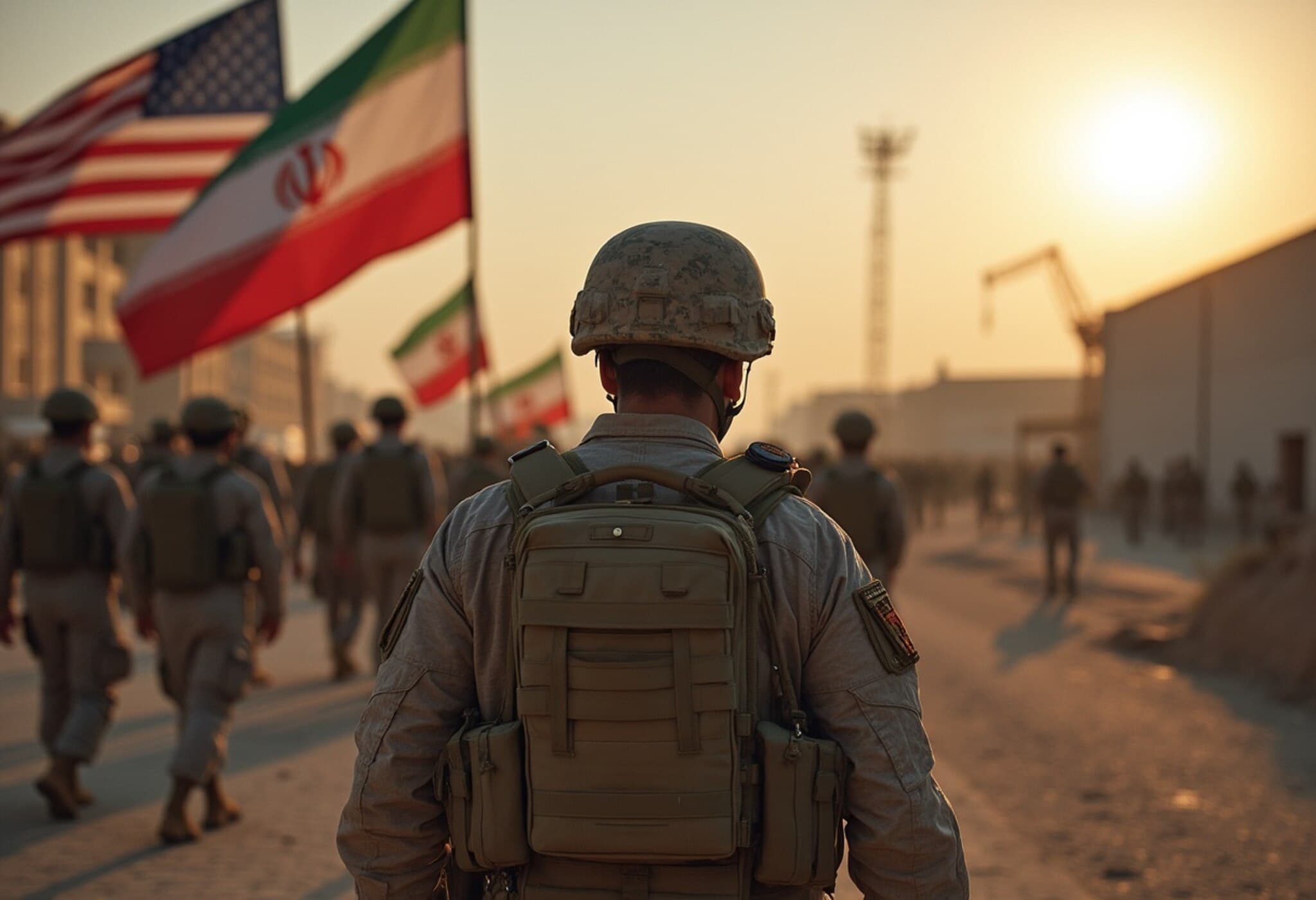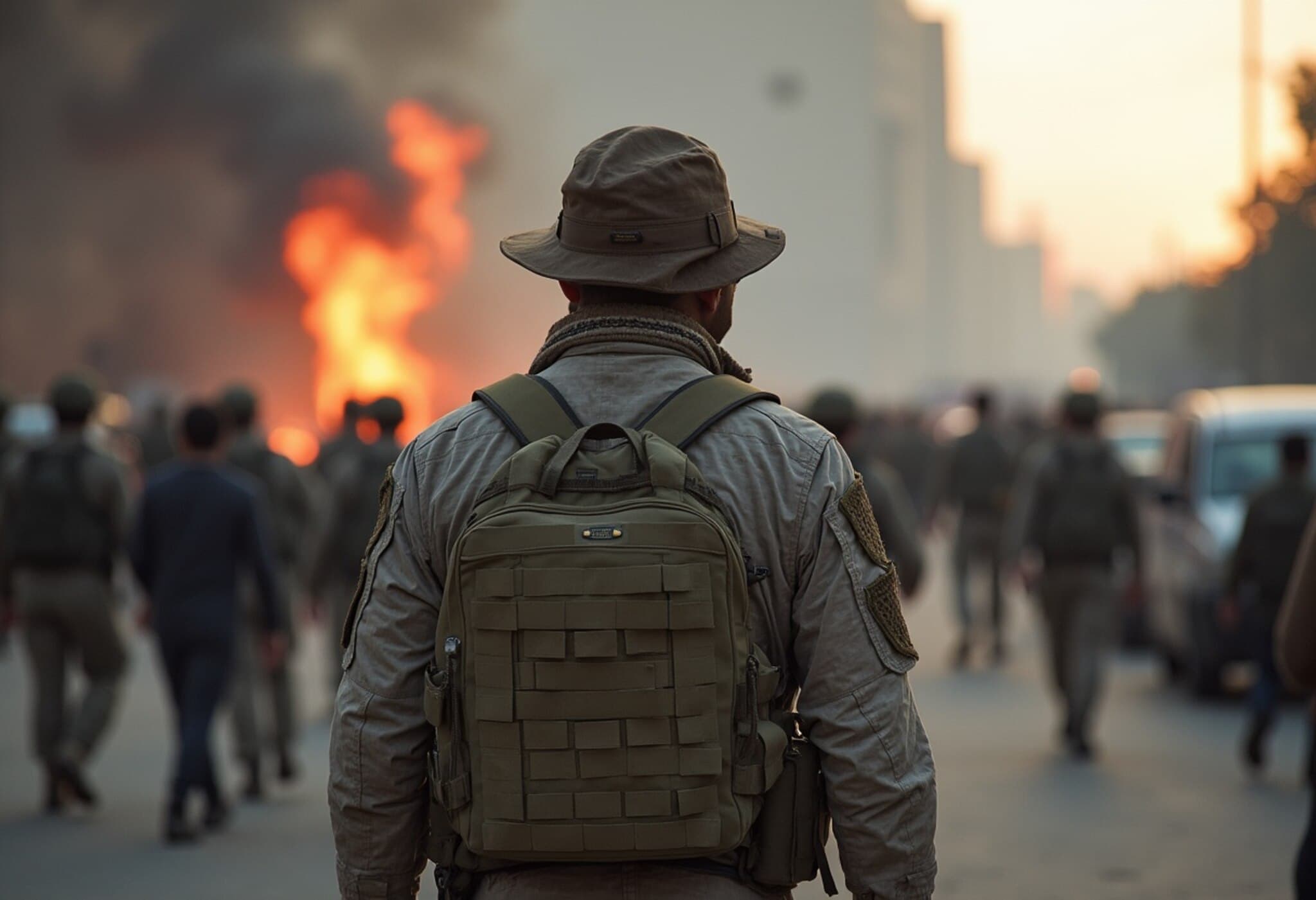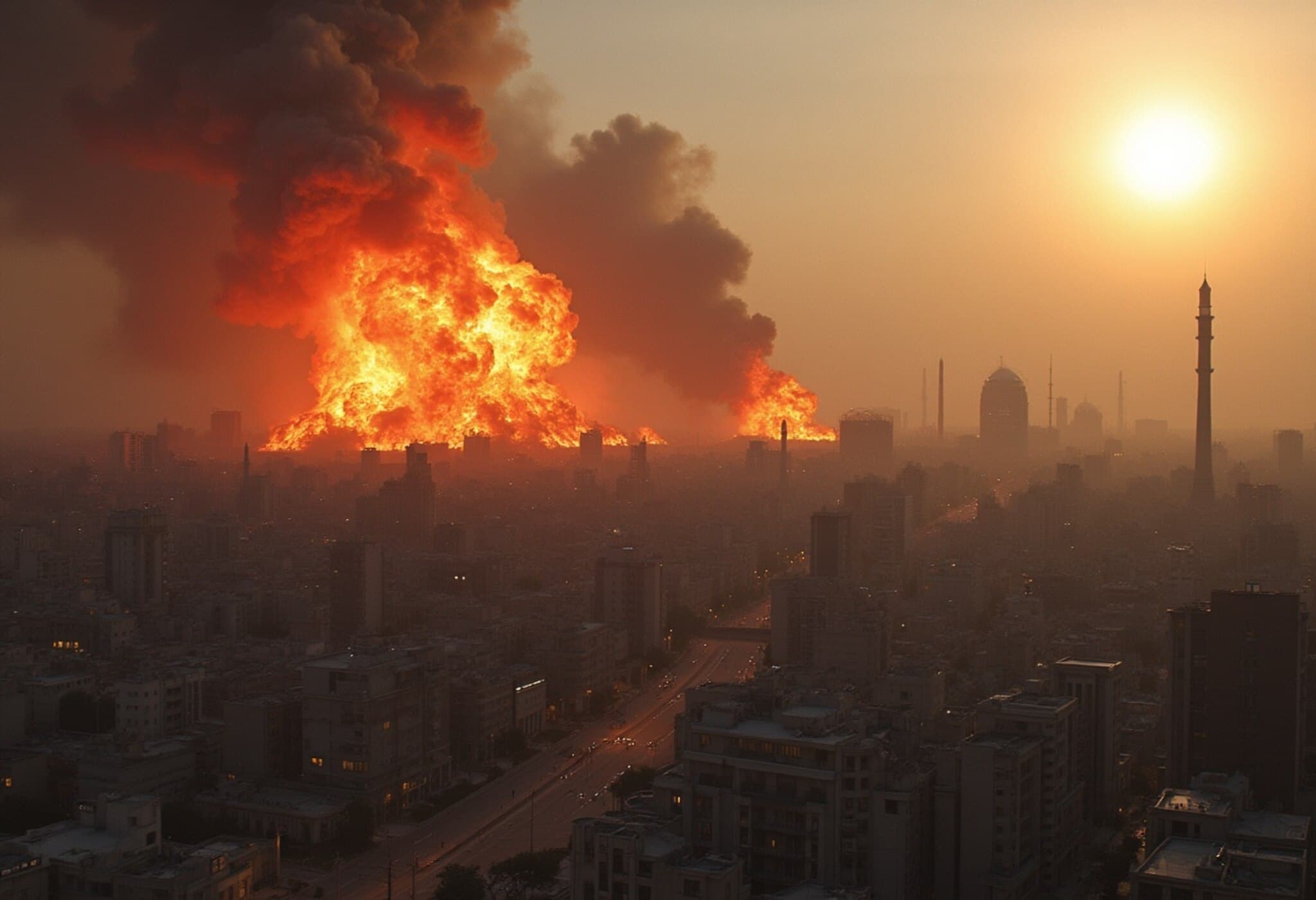Iranian Navy Intercepts British Destroyer in Northern Indian Ocean
In a marked escalation of tensions in the Middle East, the Iranian Navy intercepted a British destroyer operating in the northern Indian Ocean. Iranian authorities claim the British warship was assisting Israeli missile guidance targeting Iranian territory.
The incident reportedly occurred late Friday night, when Iranian intelligence systems detected the destroyer advancing toward the Persian Gulf. Iranian naval officials stated that combat drones issued warnings to the British vessel, which then altered its course upon being tracked in the Sea of Oman.
Context: Growing Strain in West Asia
This clash comes amid escalating confrontations between Iran and Israel. Recent Israeli strikes targeted Iran’s military and nuclear infrastructure, resulting in significant casualties. Iran retaliated with missile attacks that killed ten individuals within Israel.
According to Iranian sources, the ongoing conflict has led to over 78 deaths and more than 320 injuries in Iran. This intensification of hostilities underscores the volatility engulfing the region.
UK Boosts Military Presence Amid Regional Unrest
Coinciding with these events, the United Kingdom announced the deployment of additional military assets, including fighter jets, to the Middle East. UK Prime Minister highlighted that this move is intended for contingency support amid the deteriorating security situation.
The British military already has a presence in the region, maintaining operations to counter threats in Iraq and Syria. UK officials revealed that preparations for deployment began Friday morning as tensions escalated. Further refueling aircraft and additional fighter jets have been dispatched to reinforce the British contingent.
Implications for Regional Stability
The interception of the British destroyer by Iran signals heightened alertness and readiness to confront perceived threats along key maritime routes. Meanwhile, the UK’s strategic military repositioning indicates concerns over regional stability and the potential spillover of conflict.
As international actors recalibrate their positions, the Middle East faces a precarious period with potentially wide-reaching geopolitical consequences.

